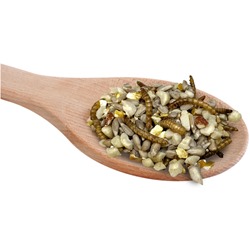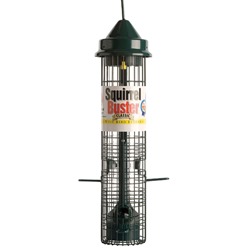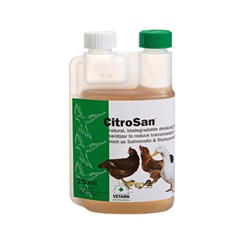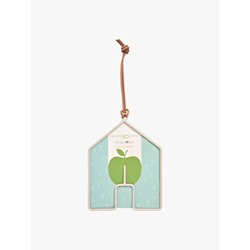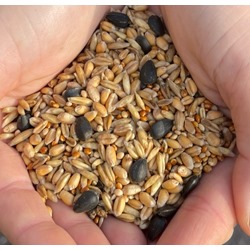
Here's a little fact that may help you out in a pub quiz one day: every inch of rain that falls produces 8kg of nitrogen per hectare for the soil.
Rain is by far the cheapest source of N fertiliser available to us. That's why most of Britain's dairy farms are on the west coast, where the higher rainfall super-fertilises the grass and keeps the cows well fed. It's also the reason why our farm looks so green at the moment. In the last five months, we have had 33 inches of rain - just a bit less than our normal annual rainfall! Surely it has to stop soon...?
Our crops are looking very well despite the rain. Very many poor farmers have recently experienced significant crop losses due to drowning; however, we have been luckier than many and are extremely pleased with the job that our new Triton drill has done. Nearly all of our wheat was sown at the end of November and is looking very strong. However, we are not resting on our laurels because the next big challenge is for the ground to dry out enough to let us roll the crops - before they get too tall!
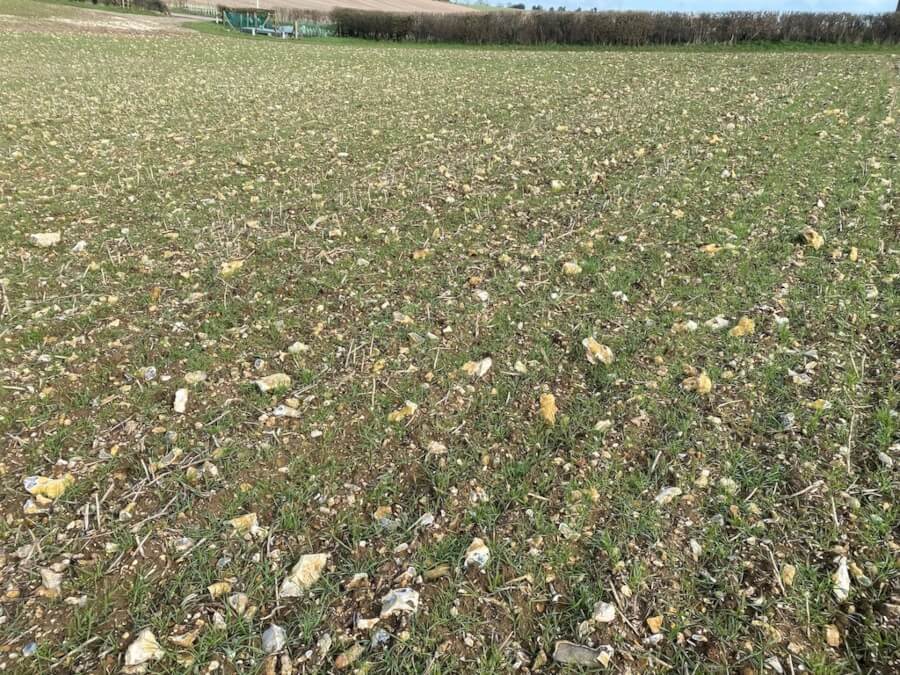
Rolling is a really important job at this time of year - especially on our farm, which has very flinty soil (see photo above). We roll to sink the big stones and flints that have come to the surface.
This will hopefully protect our combine at harvest time. Big surface flints - Hampshire diamonds, as we call them - can easily be taken up into the combine and do a huge amount of internal damage, which would undoubtedly be very expensive to repair.
If the ground stays wet, we won't be able to get the tractor and roller onto the fields; then, by the time the ground has dried, the crops will have grown too much to be rolled. Richard and Eleanor have been out hand-picking the biggest stones, but it is back-breaking work!
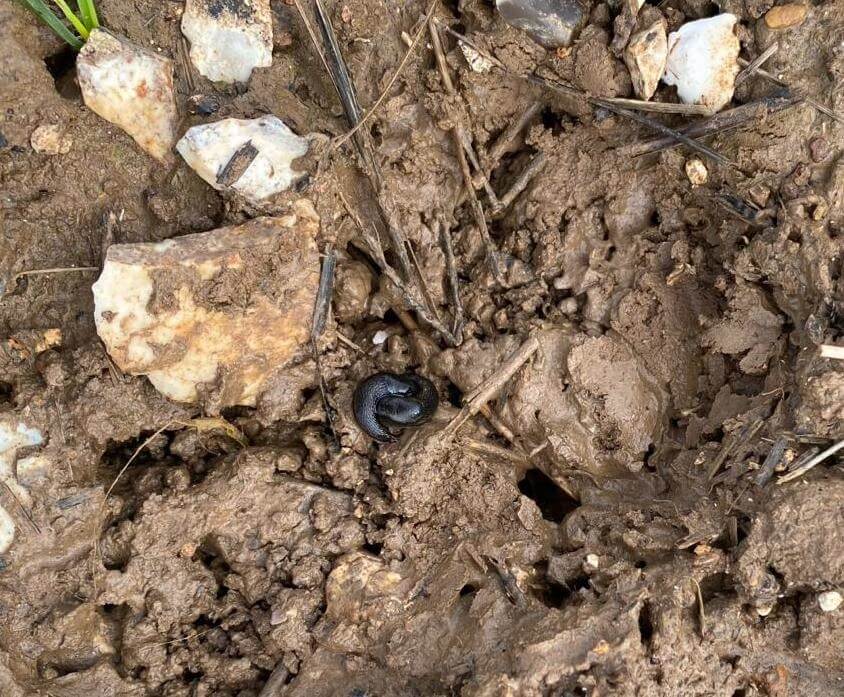
Slugs are still one of our main challenges - especially after the mild, wet summer we had last year. If a summer is mild and wet, slugs will stay under stones close to the soil surface, where they will continue to breed (see photo above).
If the summer is dry, the slugs will travel deep into the soil to search for moisture. Slugs have thinned some crop areas but overall we have managed to minimise the damage. We use slug pellets made from ferric phosphate, which is much safer than the previous metaldehyde.
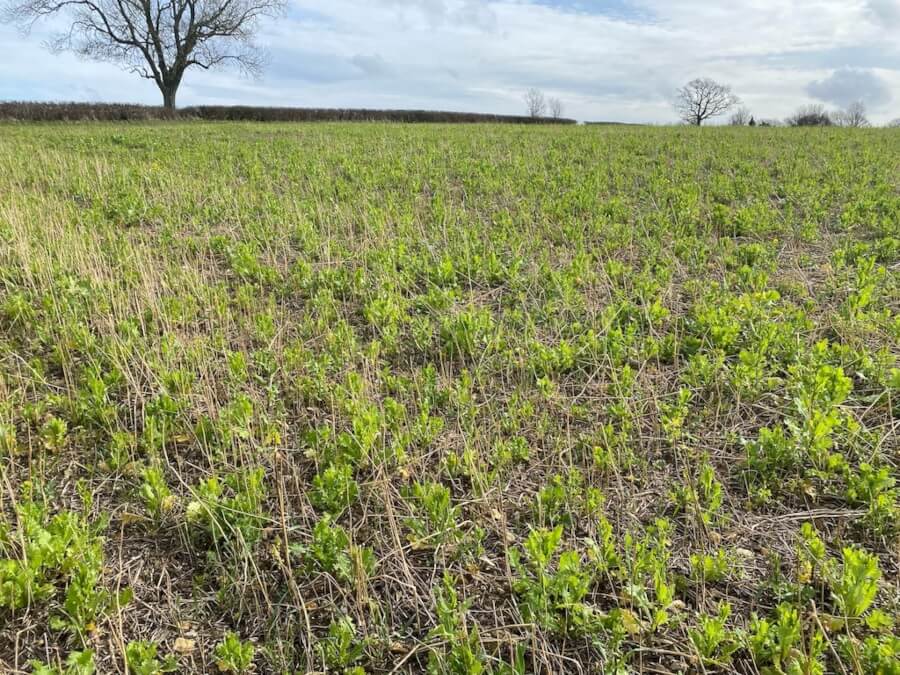
We have one cover crop remaining. This cover crop was planted to protect the soil over the winter months. The mustard and the linseed were killed by the (very) brief cold spell we had, but the turnips, vetch and oats are still growing and we are allowed to desiccate them from 15th March onwards.
We will then wait until May for the soil to warm up before planting our red and white millet for your garden birds.
Seed of the Month: Original Farm Gold™
Save 10% in March! Prices from just £7.60
A fantastic wholesome and natural seed mix containing the highest quality home-grown ingredients, Original Farm Gold™ is our top recommendation for this time of year.
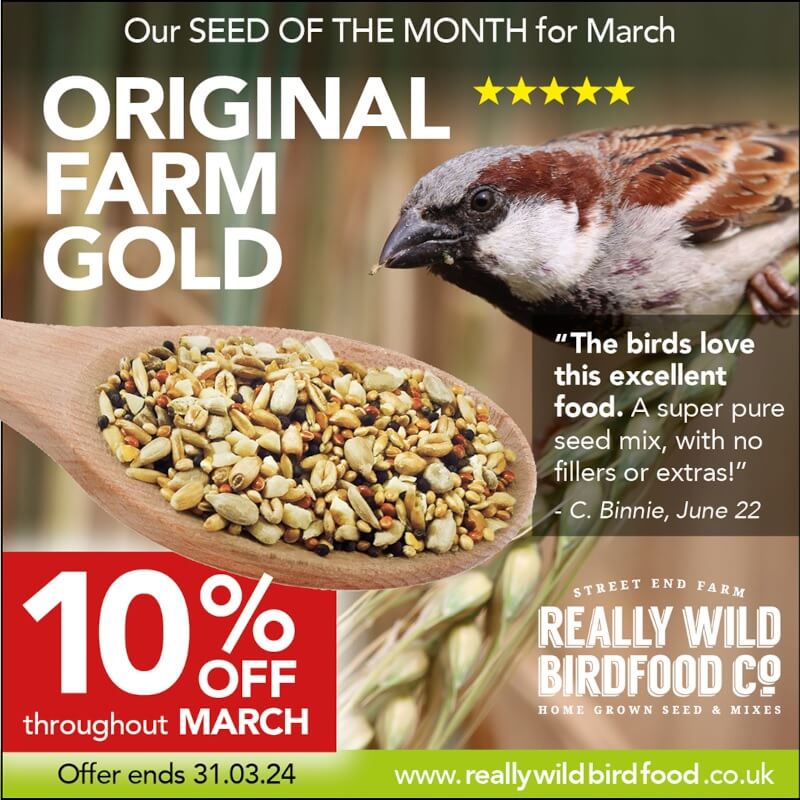
Ingredients include home grown millet, plain canary seed, oilseed rape, naked oats, wheat and cut maize, with delicious high-energy premium sunflower hearts, peanut granules and safflower.
SAVE 10% HERE >>>
Tidy Garden Suet Boost™
Currently our best seller - it's all about the boost!
What's in a name? For our Tidy Garden Suet Boost™ seed mix, we think it's everything! More and more of our customers are treating their garden birds to food that has more protein and more calories, and our Boost™ mix seems to be their first choice.
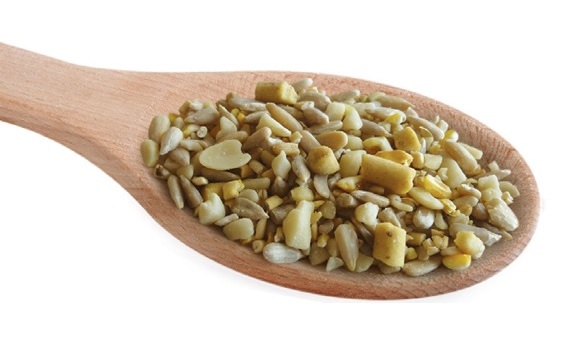
This No Mess, No Grow, No Waste bird food is soaring in popularity. While the weather hasn't been particularly cold this winter, the constant wind and rain have been challenging for garden birds' reserves, and that is where Boost™ has come into its own. It's a warming, calorific, delicious food to keep them happy.
GIVE YOUR BIRDS A BOOST >>>
Hello Hoggies!
Look who's waking up!
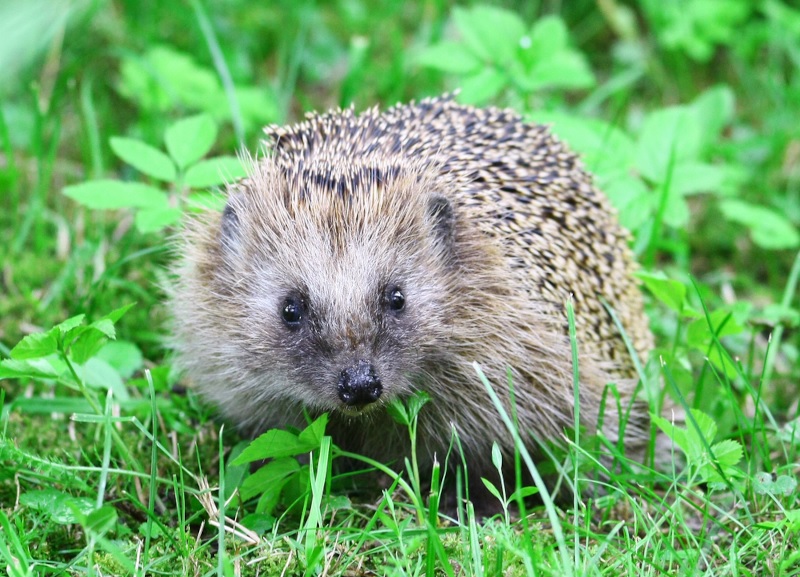
It has been a sleepy old time and hedgehogs are now beginning to stir. During their hibernation, hedgehogs can lose roughly 25 to 35% of their body weight - so they are really ready for some nutritious food now that spring is almost here!
Arousal after hibernation is triggered by increasing daylight hours and ambient temperatures. Male hedgehogs tend to come out of hibernation first, possibly because they need to feed, gain weight and be in peak physical condition ready to mate as soon as the females become active. They don't waste much time!
Be Ready With Our Brambles Offer!
Buy Brambles Hedgehog Food (any type) to the value of £15 or more and we will add a FREE Hedgehog Snack Bowl (worth £5.95) to your order!*
*While stocks last.
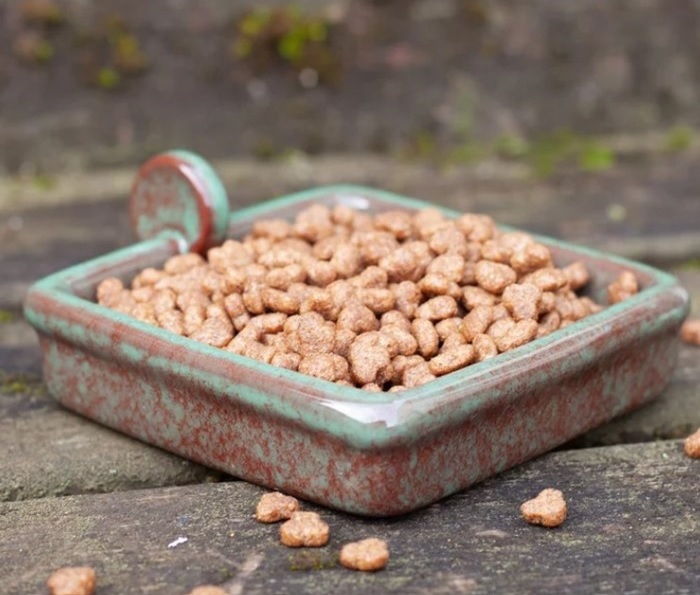
Brambles hedgehog feeds have been scientifically developed based on hedgehogs' nutritional needs. They are made here in Britain, and they are widely used and recommended by Wildlife Rescue Associations. We love Brambles!
BUY HEDGEHOG FOOD HERE >>>
Enjoy your birds and your hedgehogs!
With best wishes,
Lesley
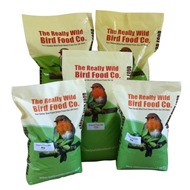
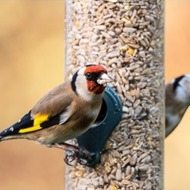 Back
Back Bird Feeders
Bird Feeders  Seed Feeders
Seed Feeders Peanut Feeders
Peanut Feeders Peanut Butter Feeders
Peanut Butter Feeders Suet & Fat Feeders
Suet & Fat Feeders Window Feeders
Window Feeders Hanging Feeders
Hanging Feeders Feeding Stations
Feeding Stations Ground Feeders
Ground Feeders Easy Clean Feeders
Easy Clean Feeders Bird Tables
Bird Tables Seed Trays
Seed Trays Bird Baths & Drinkers
Bird Baths & Drinkers Feeder Accessories
Feeder Accessories Feeder Hygiene
Feeder Hygiene Squirrel Proof Bird Feeders
Squirrel Proof Bird Feeders For the Kids
For the Kids Niger Seed Feeders
Niger Seed Feeders Mealworm Feeders
Mealworm Feeders Bird Food Storage
Bird Food Storage Fat Ball Feeders
Fat Ball Feeders Tube Feeders
Tube Feeders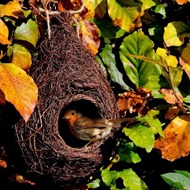



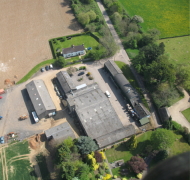 Our Farm
Our Farm Contact Us















